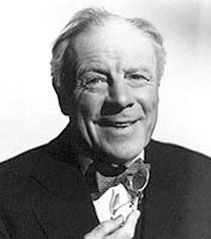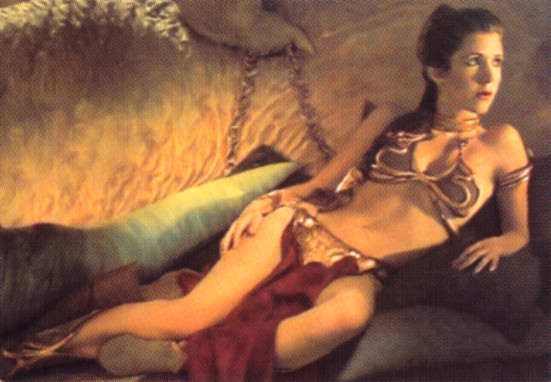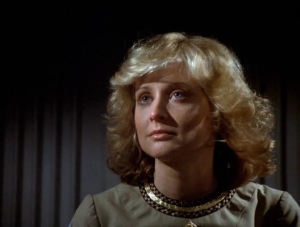
I have recently been viewing the Twilight Zone to beef up on my fifties science fiction and to expand my sci-fi encyclopedia efforts. I have to admit, I was very impressed, and that's something I wasn't expecting. While some episodes are routine, this show was considerably more daring than I remember it, particularly in addressing Cold War issues. Of particular interest to me were the episodes "Monsters on Maple Street" and "The Shelter", both of which ring out as stinging indictments of Cold War nuclear policies. Serling, without fanfare, made civil rights a prominent theme in several episodes and did a fine job of critiquing the dominant systems of racial discrimination then present in the world (and still present today). While class critiques are missing from The Twilight Zone, as they are from all science fiction series, Serling is relatively gutsy in taking on capitalists and moneymongers, and his heart is very clearly on the side of the common man and the little people. Even on the topic of artificial intelligence, Serling's Twilight Zone stands up remarkably well against much later entries in science fiction, such as Blake's 7 and the original BSG. Serling remains the definitive science fiction producer\writer of his or any time and I think it's reasonable to conclude that television science fiction might never have gotten off the ground without his help. So, Mr. Serling, cheers. I wish there were more like you.

















